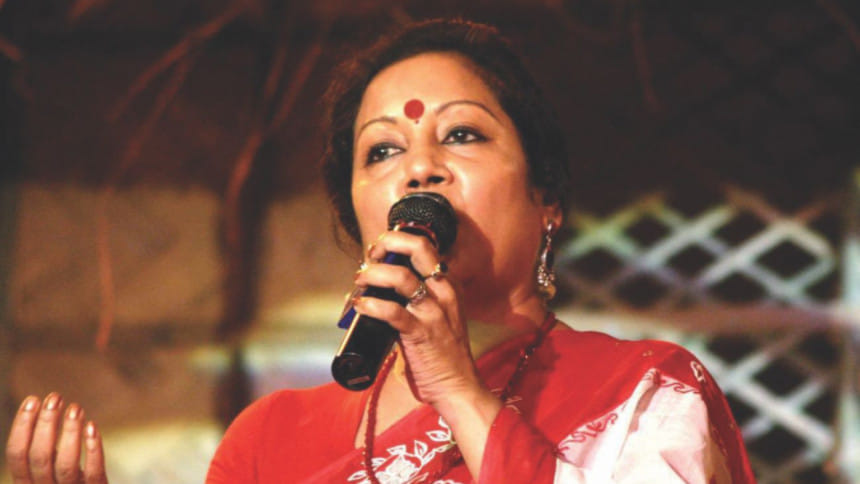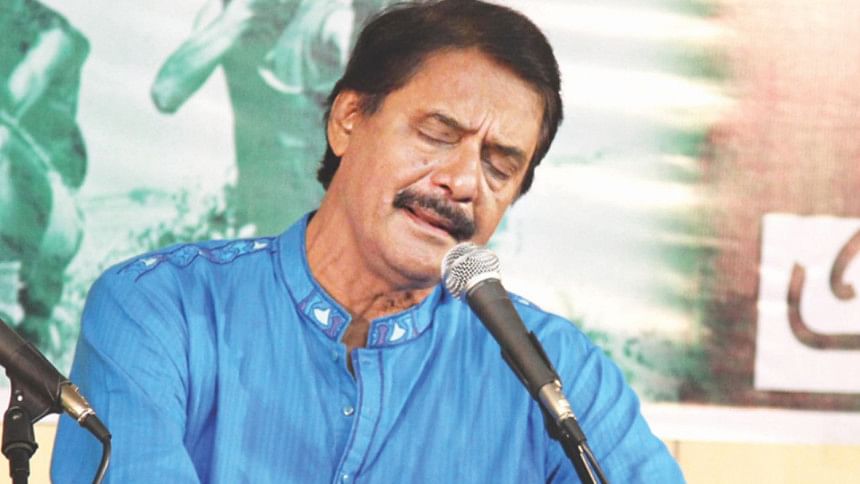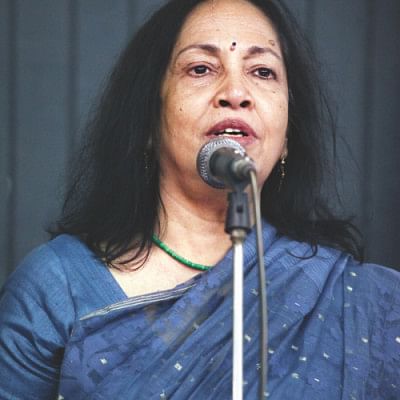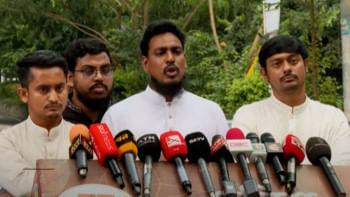Stories of Independence

“As far as the recognition goes, it is a matter of pride, however, as it has been 45 years since Independence. Also it's a material issue because when we had gone to Shadhin Bangla Betar Kendra, we did not go in search of recognition. All we wanted was Freedom of our country, and when we attained victory we were very anxious to come back to our motherland. However, if our deeds had been completely disregarded after victory it would not have sat well with us, so we are grateful for this formal recognition, even though it was a little late in coming,” said Dalia Nausheen.

“Decades have gone by since our time at Shadhin Banglar Betar Kendra, but I am elated by the fact that after 45 years of our nation's independence, we are recognised as artistes who have contributed to our victory. In the beginning, when some of the districts such as Jessore were freed from Pakistani dominance, it was then when I stepped in the land we could finally call our own. Nothing will ever beat the pride I had felt then. We traveled from one camp to another, performing in front of the Liberation Army,” said Shaheen Samad.

“When we heard the occupation army was retreating from Jessore, hope surged in our hearts, making us believe we would finally have a nation of our own. On December 15, we recorded the last song at Shadhin Banglar Betar Kendra, titled “Bijoy Nishan Urchhe Oi,” composed by Sujeya Syam. On the night of victory, we have never felt such joy – the noise of firecrackers celebrating our independence – is something I will always fondly remember. We had great fun that night,” quipped Rafiqul Alam.

“I am proud to have witnessed those glorious days, and to have been a part of the struggle. Our goal was to inspire the Freedom Fighters and the people of Bangladesh, and I recall one day we had received a message from a soldier that said our songs keep them alive, and give them strength to move on and fight. That was all we had wanted to do, and I am content because we had been able to achieve our goals,” said Sujeya Syam.

“On Victory day I was at Agartala, and we were not even aware of our independence as there was a complete blackout in Calcutta (now Kolkata). I returned to Bangladesh on January 4, but we had started our journey three days ago on a refugee train. Everything had been ravaged by the war on our journey home, and it was long and arduous. We would wait for hours and hours by the Goalanda ghat in efforts to find transport to take us home. Before I left Calcutta, the Pakistan army had been looking for me to perform for them.
My mother kept telling them I was sick, but they said they would search our home for me. When the liberation army went through our area, my mother sent me away with them. Her last words to me that day were, “We will meet again in the afterlife.” That is something I will never forget, and the relief I felt upon our independence is unparalleled,” said Minu Haque.

 For all latest news, follow The Daily Star's Google News channel.
For all latest news, follow The Daily Star's Google News channel. 



Comments